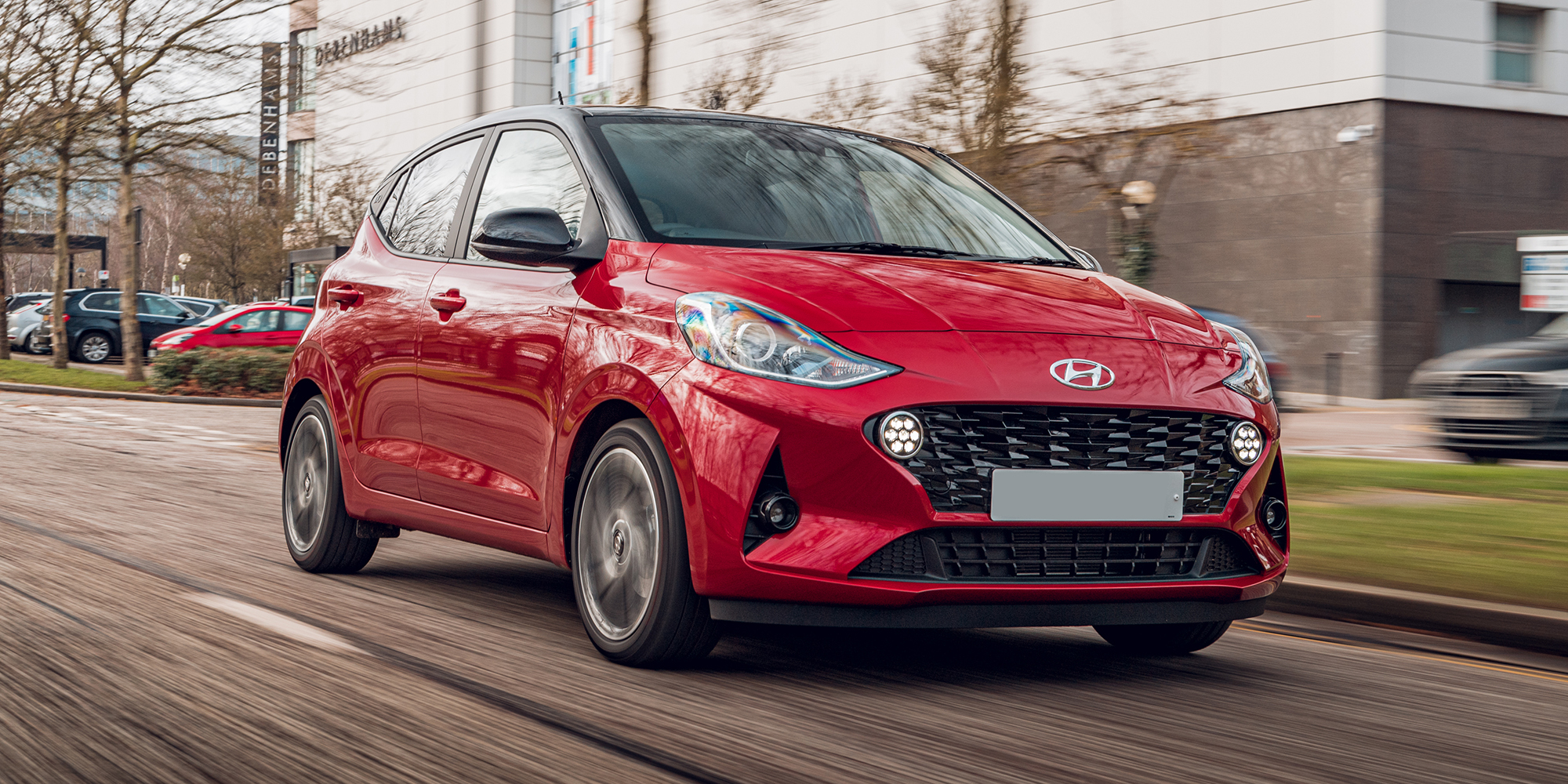Low Car Insurance Low Income Car Insurance – Get Cheap Auto Insurance For Low Income
The cost of car insurance is a significant consideration for many drivers, especially those who are looking for ways to save money without compromising coverage. Low car insurance can provide financial relief while still maintaining essential coverage for vehicles. This article covers various aspects of low car insurance, including the types of discounts available, the factors that influence rates, and tips for finding the best deals.
Understanding Low Car Insurance

Low car insurance is essentially an insurance policy that costs less than average but still offers necessary protection against risks associated with driving. Understanding how to obtain low car insurance can involve several strategies:
- Research Discounts: Many insurance companies offer a variety of discounts that can significantly reduce premiums. These may include:
- Safe driver discounts for those maintaining a clean driving record.
- Multi-policy discounts for bundling car insurance with home or health insurance.
- Good student discounts for young drivers with good academic records.
- Low mileage discounts for drivers who don’t use their vehicles frequently.
- Comparative Shopping: It's essential to shop around and compare different insurance providers. Online comparison tools can help evaluate different policies quickly.
- Higher Deductibles: Choosing a higher deductible can lower monthly premiums. However, it’s vital to ensure that the deductible amount is affordable in case of a claim.
- Evaluating Coverage Needs: Not every driver needs comprehensive or collision coverage. Evaluating personal requirements can help avoid paying for unnecessary coverage.
Factors Influencing Insurance Rates

Several factors influence car insurance rates, which are important to understand for those seeking low premiums:
- Driving History: A clean driving record with no accidents or violations typically results in lower insurance premiums.
- Vehicle Type: The make and model of the car can significantly affect insurance costs. Generally, vans and SUVs tend to be cheaper to insure than sports cars.
- Age and Experience: Young drivers or those with less driving experience often face higher premiums. This risk is assessed based on statistical data related to accidents.
- Geographical Location: Some areas experience higher rates of accidents, theft, and vandalism, affecting car insurance costs. Urban areas typically have higher rates than rural regions.
- Credit Score: In many states, insurers utilize credit scores to determine risk and potential premiums. A higher credit score often correlates with lower insurance rates.
Choosing the Right Policy

Selecting the right car insurance policy requires careful consideration of different options. When considering a low-cost car insurance policy, it’s crucial to carefully scrutinize the policy details, ensuring that it meets all necessary coverage requirements while remaining within budget:
- Assess Your Needs: Determine what type of coverage is essential. Liability coverage might be enough for older vehicles.
- Check Financial Strength: Opt for insurers that are financially strong and have a good reputation for paying claims.
- Read Reviews: Check online reviews from customers about their experience with the insurance provider.
Additional Tips for Saving on Auto Insurance

Saving money on car insurance often involves proactive measures. Some additional tips include:
- Regularly Review Your Policy: Over time, your needs may change, and so could your eligibility for additional discounts.
- Take a Defensive Driving Course: Some insurers provide discounts for completing approved driving courses.
- Limit Optional Coverage: For older vehicles, it may be wise to drop comprehensive and collision coverage if the car's value doesn't justify it.
Final Thoughts

Low car insurance doesn’t just mean cheaper rates; it also means finding a policy that provides the necessary protection without breaking the bank. Thorough research, understanding your needs, and taking advantage of available discounts can lead to significant savings while ensuring adequate coverage.
1. What is the impact of credit scores on car insurance premiums?
Credit scores significantly impact car insurance premiums as insurers use them to assess the likelihood of claims. Higher credit scores generally indicate responsible financial behavior, making drivers appear less risky, resulting in lower premiums. Conversely, lower credit scores often correlate with higher perceived risk, leading to increased premiums.
2. How does the type of vehicle affect insurance costs?
The type of vehicle directly affects insurance costs as insurers assess risk based on the likelihood of accidents and repairs associated with specific makes and models. Generally, cars that are cheaper to repair, less likely to be stolen, and have high safety ratings enjoy lower premiums, while high-performance vehicles may incur higher rates due to increased risk.
3. Why should one consider a higher deductible for car insurance?
Considering a higher deductible for car insurance can lead to lower monthly premiums as the policyholder assumes a larger portion of the risk in case of an accident. This strategy is beneficial for those who have a solid financial cushion to manage potential out-of-pocket expenses, allowing for savings on regular premium costs without significantly increasing overall risk.